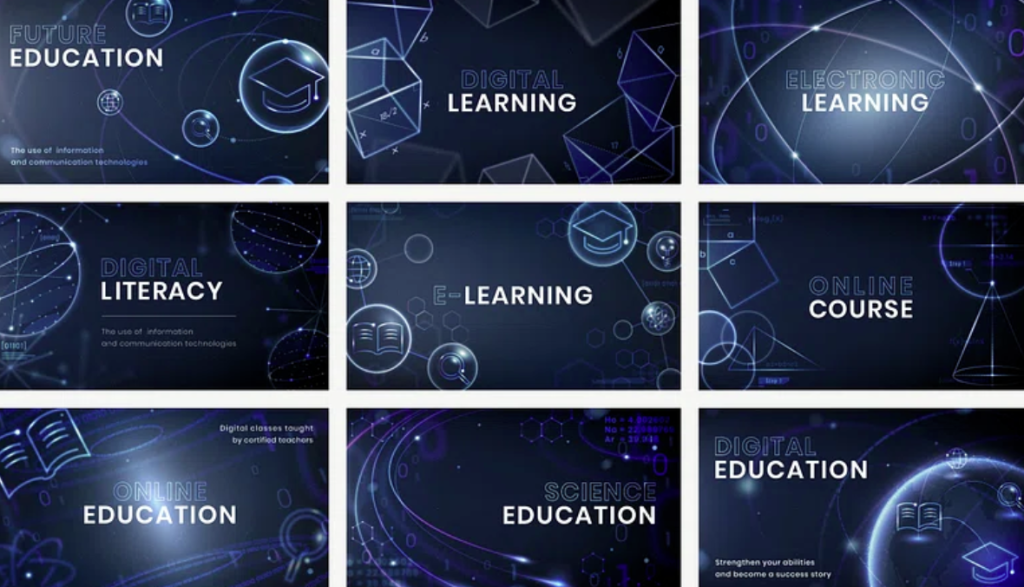Introduction
In a world of rapid technological advancement, it is increasingly evident that the future belongs to those nations that prioritize education. As digital revolutions and artificial intelligence-driven platforms like Edunetix make headway, emerging economies stand at a crossroads. They can either leverage these advancements to leapfrog traditional development challenges or risk being left further behind in the global knowledge race.
One pivotal sector that requires urgent attention in these economies is higher education. Universities and colleges are not just academic institutions; they are the crucibles where futures are forged, innovations are birthed, and leaders are nurtured. Here’s an in-depth look at how we can expand the reach of higher education in emerging economies.

1. The Current Landscape
Emerging economies, from Nigeria in West Africa to Indonesia in Southeast Asia, boast burgeoning youth populations. Yet, higher education opportunities remain limited. Issues range from inadequate infrastructure and outdated curricula to financial constraints and cultural barriers.
However, amidst these challenges, digital transformation offers a glimmer of hope. Online learning platforms, AI-driven career guidance tools, and MOOCs (Massive Open Online Courses) are democratizing access to quality education.
2. The Digital Bridge
In regions where brick-and-mortar institutions are scarce, the internet can bridge the gap. Leveraging platforms like Edunetix, students can:
- Access curated educational content.
- Receive personalized career guidance using AI algorithms.
- Engage with mentors and peers from around the world.
Such platforms can tailor resources to individual needs, ensuring that learners get the best possible guidance on their educational journey.

3. Public-Private Partnerships
To bolster the higher education sector, governments in emerging economies should actively collaborate with private entities. Such partnerships can lead to:
- Funding for state-of-the-art educational infrastructure.
- Development of industry-relevant curricula.
- Opportunities for students to gain real-world experience through internships and placements.
4. Scholarships and Financial Aids
Cost is a significant barrier for many students in emerging economies. By offering scholarships, grants, and affordable loan options, we can ensure that deserving candidates are not denied education due to financial constraints.
5. Cultural Paradigm Shift
In many emerging economies, societal norms and expectations can deter potential students, especially women, from pursuing higher education. Comprehensive awareness campaigns, success stories, and community dialogues can play a pivotal role in changing these deep-rooted perceptions.

6. Faculty Development and Training
A robust education system needs not just infrastructure and students but also qualified educators. Regular training programs, workshops, and international exposure can ensure that faculty members remain updated with global best practices.
7. Inclusion of Vocational Training
Not every student needs a traditional college degree. Incorporating vocational training into the higher education framework can provide practical skills, from plumbing to coding, catering to a broader range of career aspirations.
8. Research and Innovation
Emerging economies must prioritize research and innovation at tertiary institutions. By offering research grants, establishing tech parks, and fostering industry-academia collaborations, these nations can position themselves as global knowledge hubs.
9. Lifelong Learning
In today’s dynamic world, education doesn’t stop with a degree. Platforms like Edunetix can facilitate lifelong learning, offering courses, resources, and guidance to individuals at any stage of their career, ensuring they remain industry-relevant.
10. Global Collaborations
Emerging economies should actively seek collaborations with universities and institutions from around the globe. Such tie-ups can lead to student exchange programs, collaborative research, and a global perspective on education.

In Conclusion
As Nelson Mandela rightly said, “Education is the most powerful weapon which you can use to change the world.” By expanding the reach of higher education in emerging economies, we aren’t just improving individual futures. We are sculpting the trajectory of nations, fostering innovation, nurturing leaders, and paving the way for holistic development. Through platforms like Edunetix, combined with concerted efforts from governments, educators, and communities, a brighter, knowledge-driven future for emerging economies is not just a possibility; it’s a tangible reality.
About the Author:
This blog post was penned by Edunetix, an AI-powered career guidance platform dedicated to fostering holistic education and career advancement in the modern era. For any inquiries or to learn more about our services, please get in touch with support@edunetix.co




